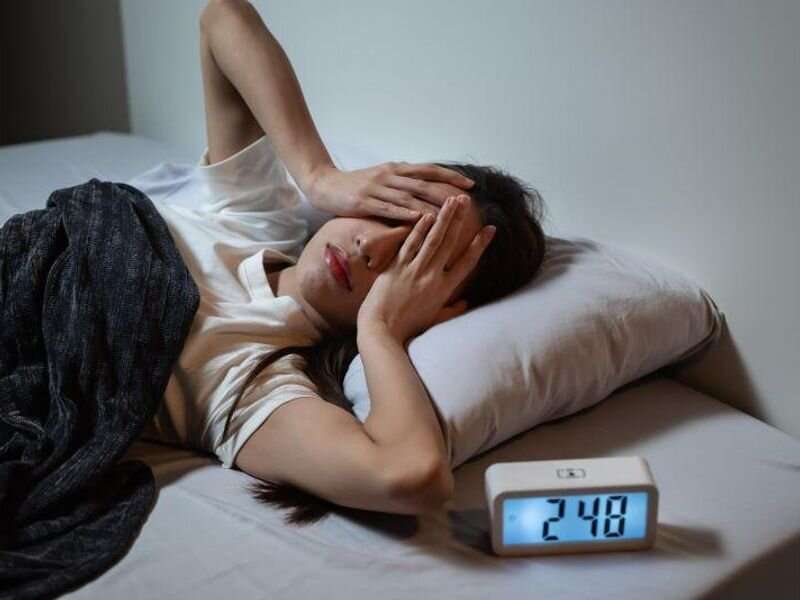
There was a bidirectional association between worry and insomnia during the COVID-19 pandemic, according to a study published online March 4 in the International Journal of Environmental Research and Public Health.
Noting that worry about the pandemic was more strongly associated with subsequent insomnia than the converse during the first six months of the pandemic, Lily A. Brown, Ph.D., from the University of Pennsylvania Perelman School of Medicine in Philadelphia, and colleagues examined whether that association persisted over one year of the pandemic. On five occasions throughout the course of one year, 3,560 participants completed self-reported surveys of worries about the pandemic, exposure to virus risk factors, and the Insomnia Severity Index.
The researchers found that compared with exposure to COVID-19 risk factors, insomnia was more consistently associated with worries about the pandemic in cross-sectional analyses. Changes in worries predicted changes in insomnia and vice versa in mixed-effects models. In cross-lagged panel models, this bidirectional relationship was further confirmed.
“There was evidence for bidirectional associations between insomnia and worry, suggesting that these constructs were mutually influential throughout the COVID-19 pandemic,” the authors write. “These findings have important implications for highlighting the need to offer interventions targeting elevated insomnia or worry early in a global disaster to prevent worsened future symptoms.”
One author disclosed financial ties to Taliaz Health.
More information:
Lily A. Brown et al, COVID-19 Worries and Insomnia: A Follow-Up Study, International Journal of Environmental Research and Public Health (2023). DOI: 10.3390/ijerph20054568
Journal information:
International Journal of Environmental Research and Public Health
Source: Read Full Article





